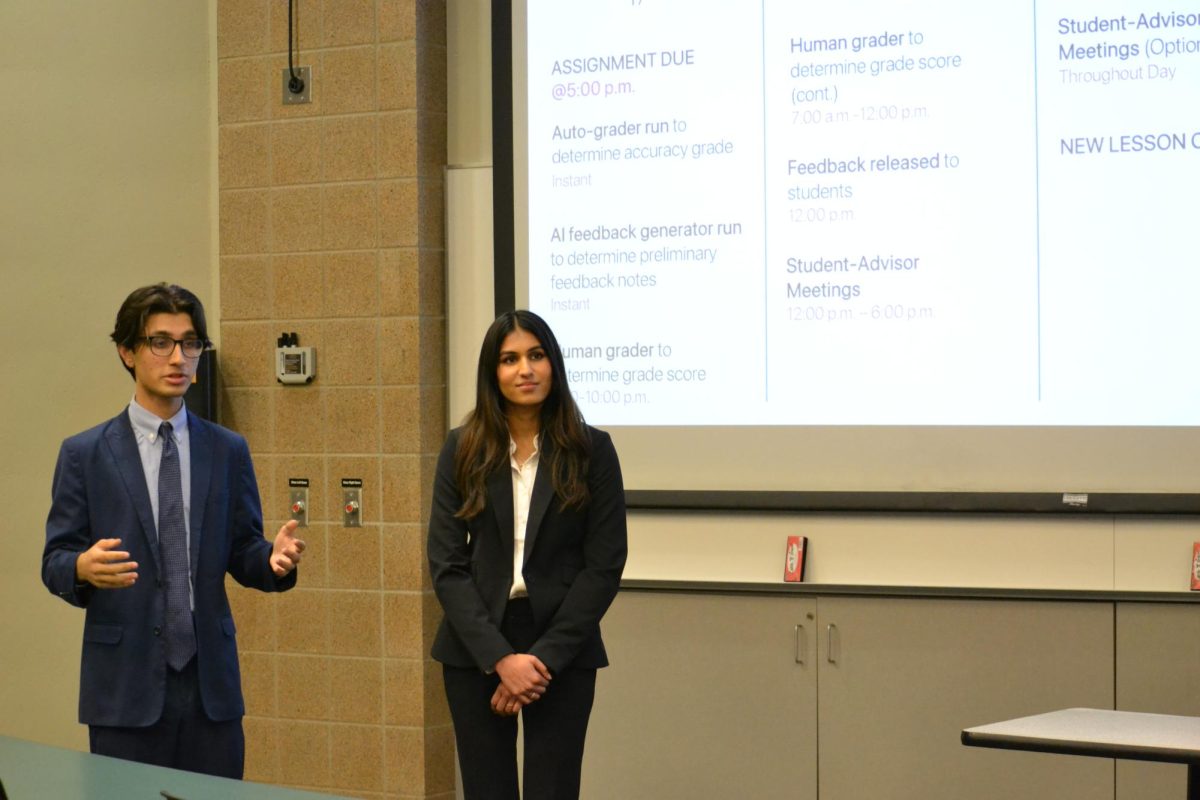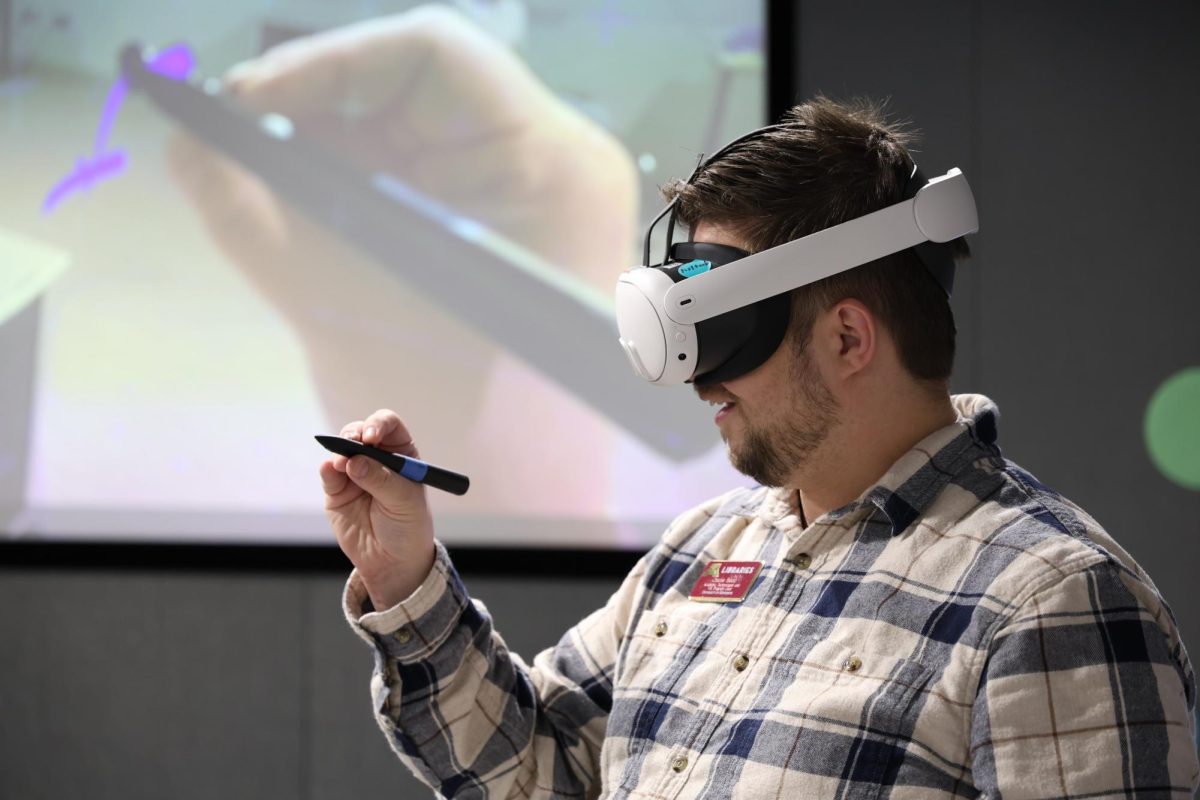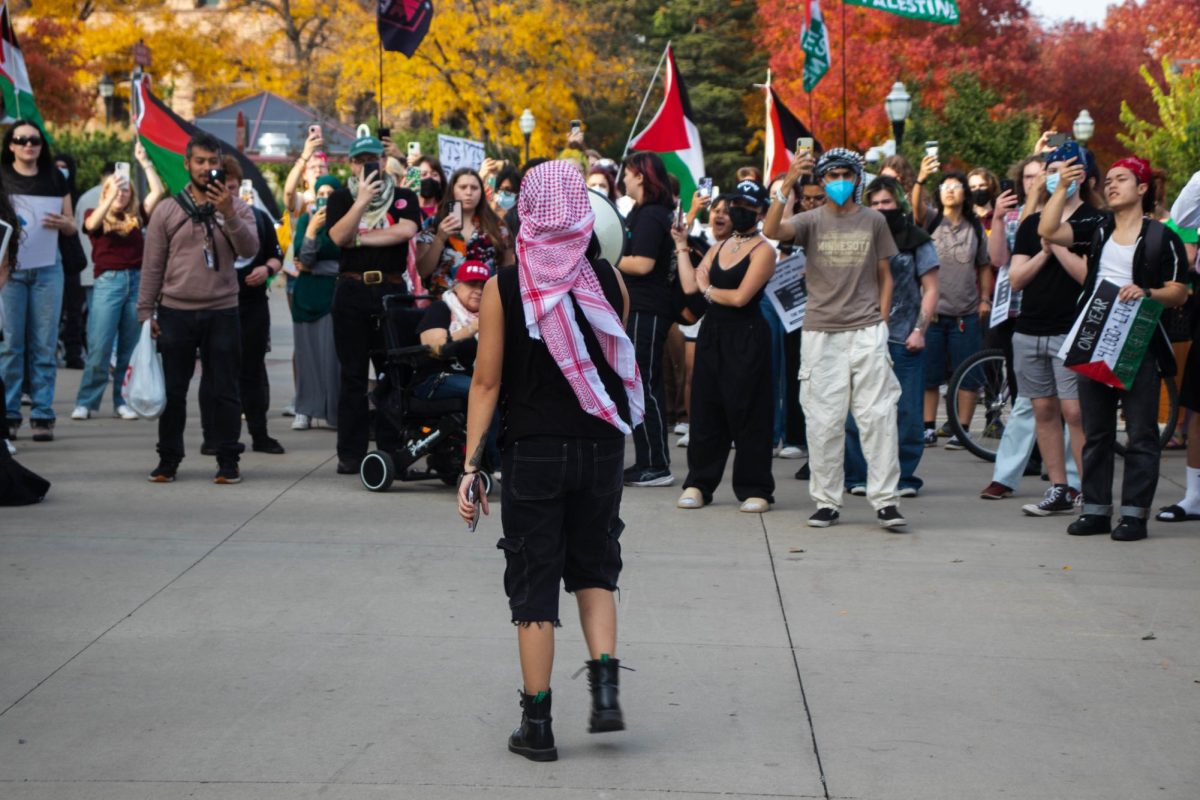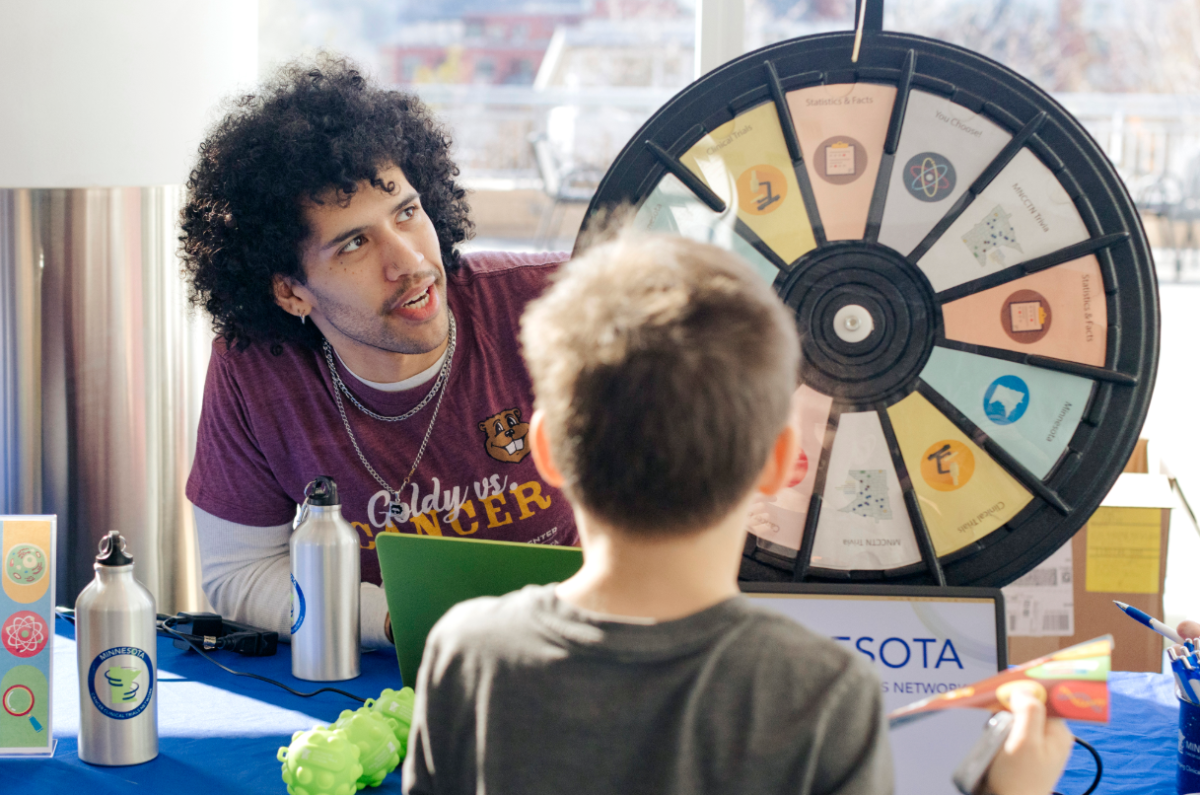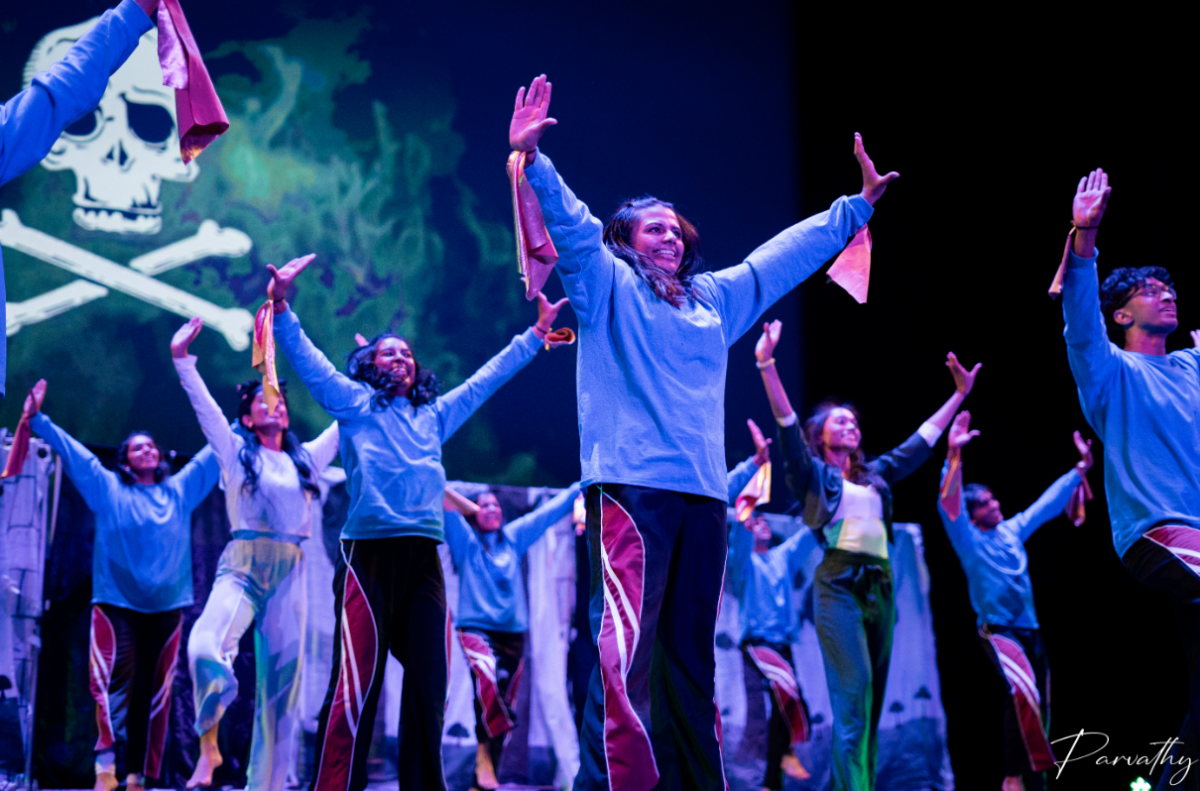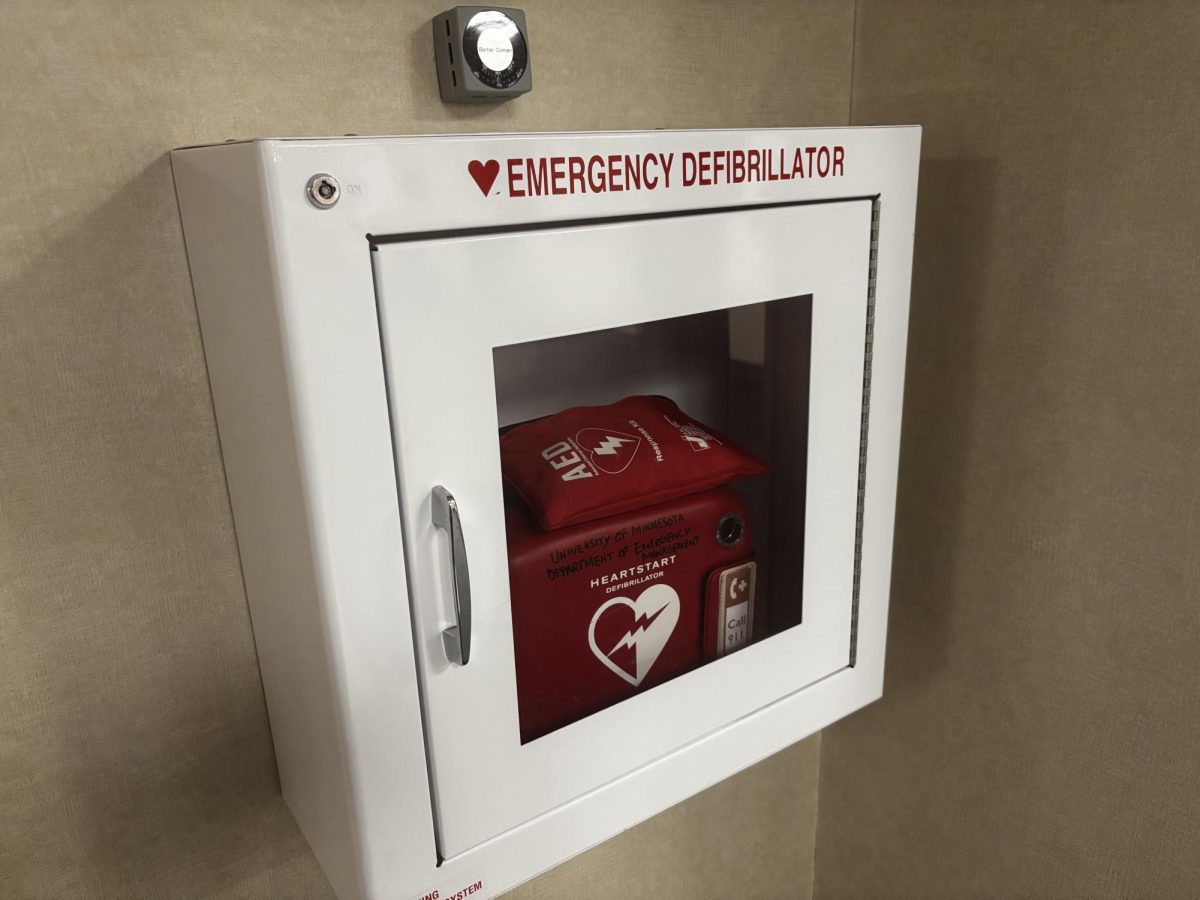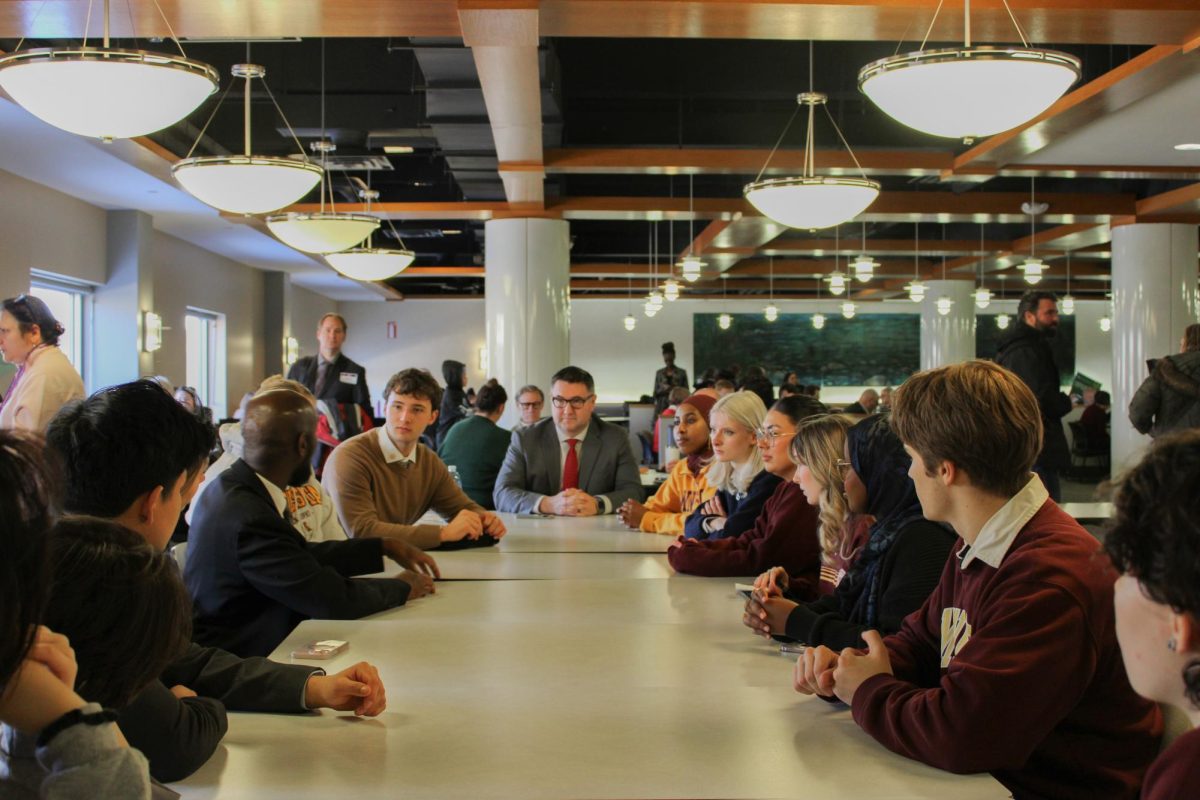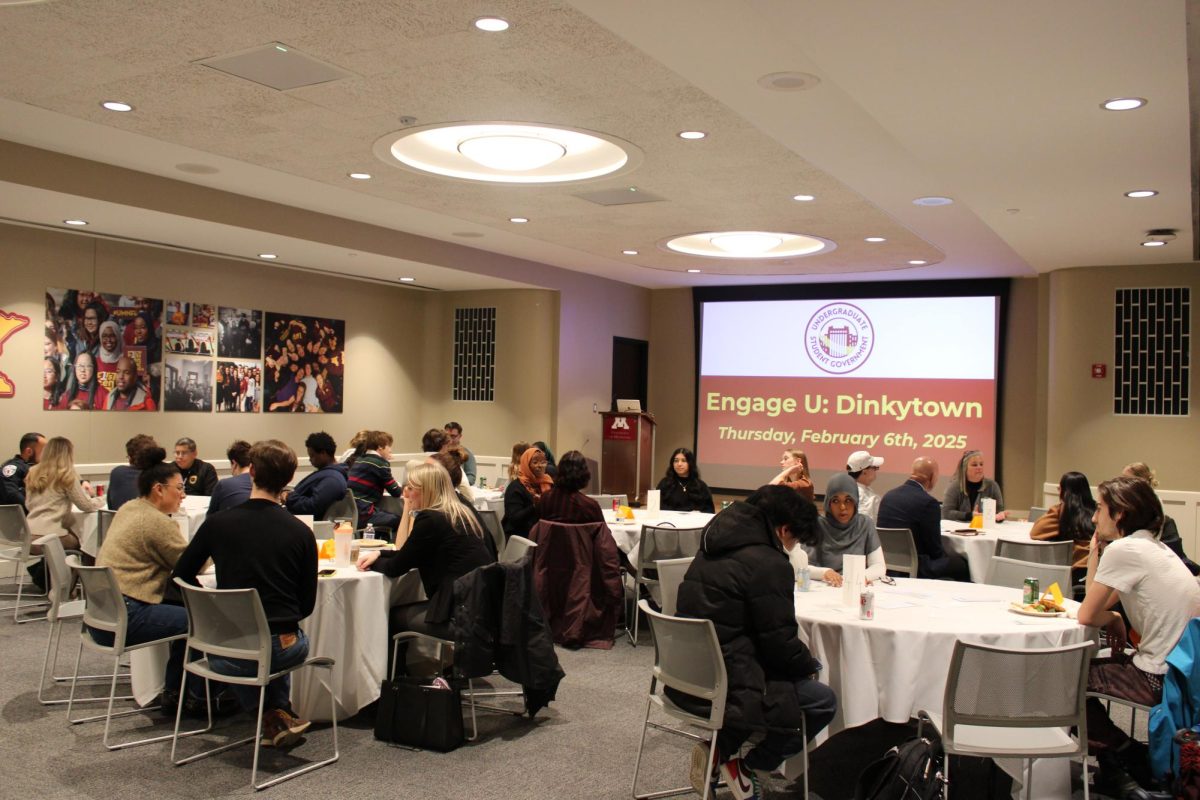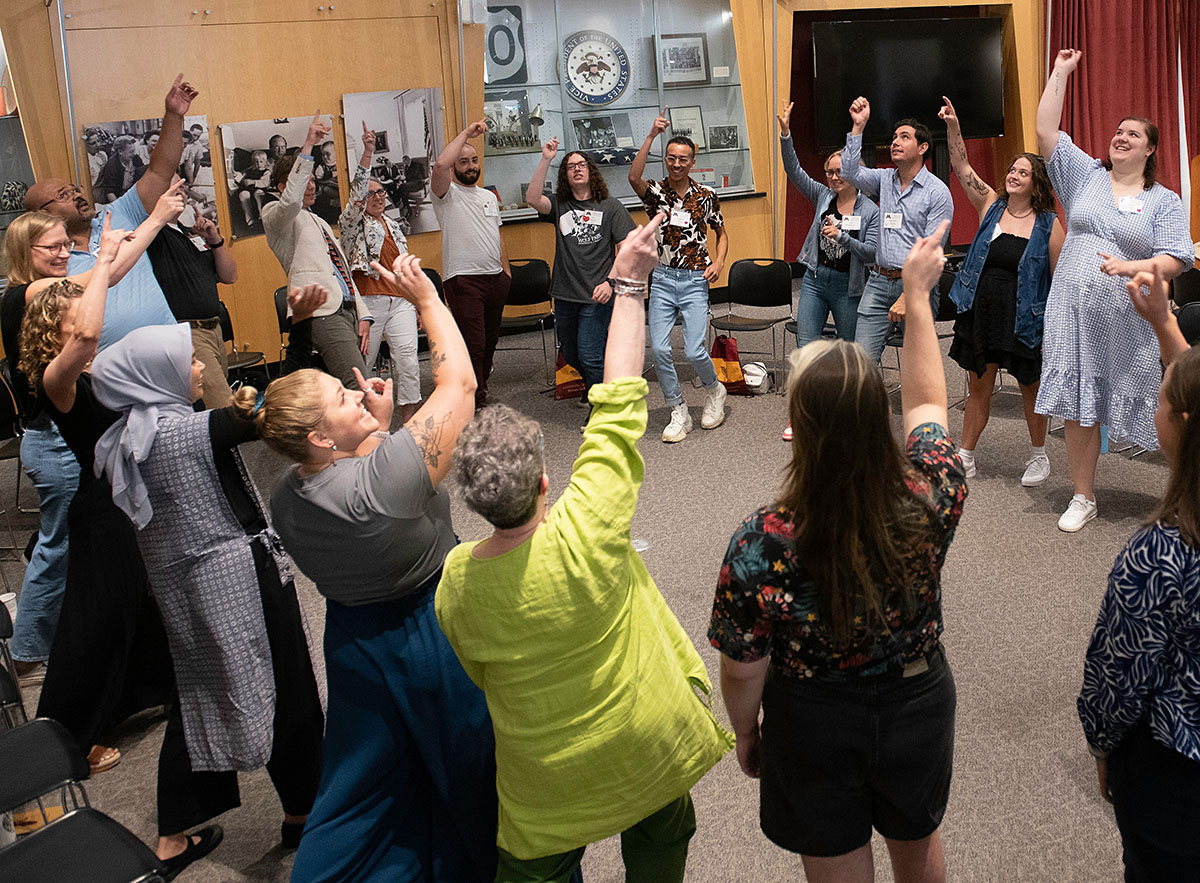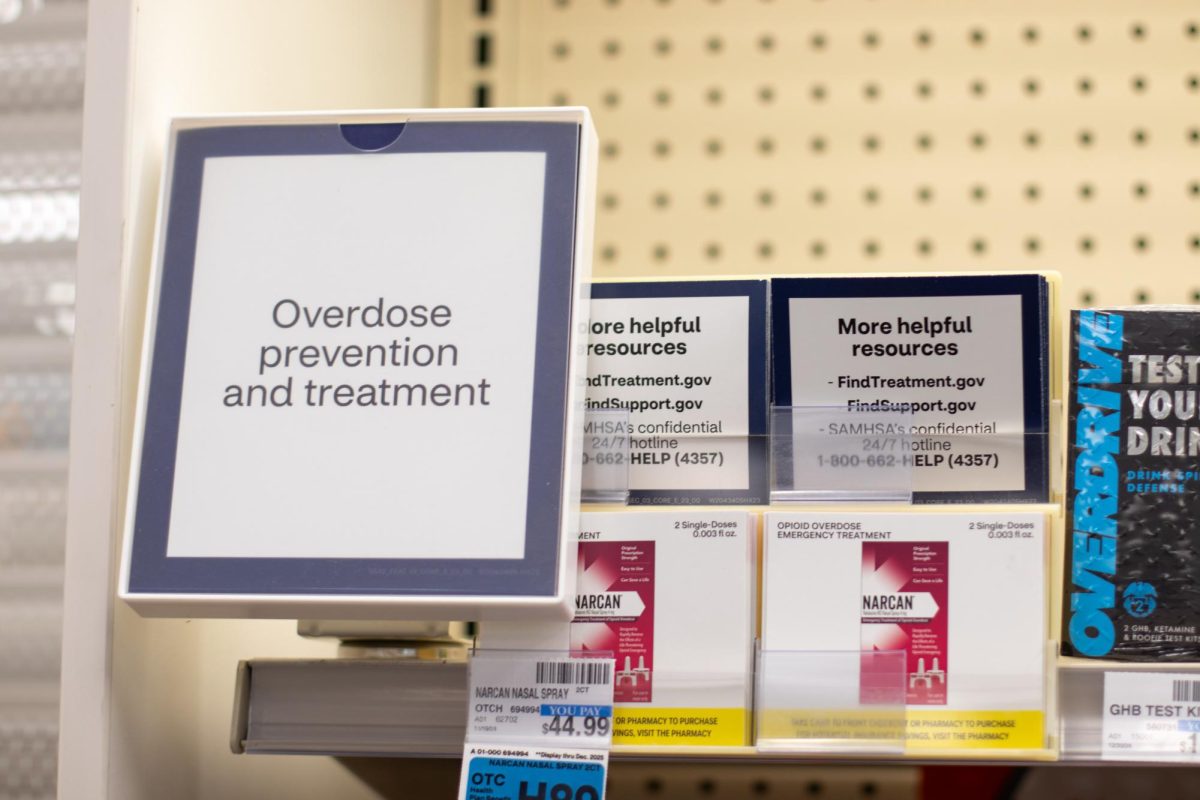The 12th annual Co-Management Information Systems (CoMIS) competition was held last Tuesday through Friday at the Graduate Hotel and Carlson School of Management, with the University of Texas at Austin walking away as the champion.
CoMIS is a 24-hour case student-run competition designed to simulate real-world business conditions, where students from national and international competing schools try to solve a business problem written by a Minneapolis company.
The competition was first held in 2012 with eight teams. This year’s event featured eleven teams overall, five of which were international.
Teams arrived at the Graduate on Tuesday, where they stayed for the next three days. The night included a welcome dinner and social hour, with Wednesday exhibiting an “Explore Minnesota Day” where teams were invited to an office visit to RSM in Minneapolis and a tour of Target Field, followed by a networking dinner at College Club with professionals from around the Twin Cities.
Thursday was case deliberation day, where teams were given the cases and 24 hours to solve them. The teams presented their solutions to judges on Friday, with an awards banquet to cap off the evening.
This year’s CoMIS winner was the University of Texas at Austin, who walked away with $2,000 and a trophy. Second place was the University of Manitoba, winning $1,500, and third place was Maastricht University, winning $1,000, according to Jack Carriere-Auer, co-director of collegiate affairs for the CoMIS board.
This year’s case was written by dev10, a technology talent development company in Minneapolis. Past case authors include the Minnesota Wild, U.S. Bank, Medtronic and the University of Minnesota’s Office of Information Technology.
What is CoMIS?
CoMIS planning committee co-chair Ingrid Hildebrand said CoMIS is a cool way to meet people from different schools with shared interests in information systems.
Hildebrand added being on the student board and planning the competition is challenging and fun at the same time.
“The fun parts are the people, but I would say some of the hardest parts are the people too,” Hildebrand said. “It all pays off at the end, which is just like cool to see everyone have such a great experience and have fun in Minneapolis for a couple of days.”
Gabby Locher, the other co-chair on the committee, said her favorite part is getting to know all the teams and seeing everything they have worked on for a year come together.
Locher added being on the board has also been beneficial because it is a way for students to grow their skills and expand outside of Carlson.
“Even just a liaison, just being assigned to a team and like you learn a lot of soft skills and a lot of great communication skills because you want to be really friendly and connect with the students, but you also have to conduct yourself in a more professional manner,” Locher said.
Hildebrand said she is excited to see the fun people have and how much they grow while being here.
“There’s just so much growth from the welcome dinner to closing ceremony,” Hildebrand said. “People get to know each other super quickly and so I’m excited to see all of that develop and see how much fun people have.”
Locher said she was most excited for Friday night’s awards banquet and to be able to see how close teams have gotten with their University’s liaison and the board.
One such liaison for this year’s CoMIS was Dane Clouse. He said being a liaison involved showing the teams around and making sure they were on time for everything.
“Most of them, this is their first time to Minneapolis, so they don’t know their way around, don’t know where they need to be and at what time, so you’re just kind of making sure that you’re helping them throughout the competition because they have more important things to be focusing on,” Clouse said.
What students take away from the competition
While Clouse said being a liaison is a “nice happy medium” between being involved and being on the board, one of the challenges is facing pressure as the team’s go-to guide.
“You hate to be the person that messes it up for them,” Clouse said.
As a Carlson student, Clouse said the case competition is a great way to apply what people learned in class and he enjoys seeing what teams come up with for solutions.
“This you can really apply to anything that you’ve learned in any of your classes,” Clouse said. “There’s no real answer because it’s like an ongoing problem that even this company can’t figure out.”
Second-year student Isabel Holzschuh from Iowa State University traveled to Minneapolis with her team to compete in this year’s CoMIS, her first case competition.
“Our goal as a team is to win and to build better connections with international participants and Minnesota, since we’re super close proximity to them,” Holzschuh said.
Iowa State made it to the lightning round, but Holzschuh said she was excited to get a case from a real company, solve their problems and connect with business executives.
The director of competition on the planning board, Sajid Siddiq, made sure the competition day ran smoothly and the rules and regulations were clear for teams.
Siddiq said many teams do not cheat as they are there either for a class or because they are personally invested in case competitions.
“It’s a pretty cool opportunity,” Siddiq said. “Sometimes these students even get offers from the case sponsors after.”
Hildebrand said they tried to broadcast CoMIS as much as possible and emphasized that students wanting to get involved with the board do not have to be in Carlson or be an MIS major.
“It’s honestly just about people with a passion for meeting other people, want[ing] to involve themselves in a different capacity than what’s usually available to Minnesota students and just willing to learn and be a part of a fun, unique experience,” Hildebrand said.
Locher said no experience is needed to be on the board or to be a liaison, which is the “most chill” of CoMIS roles.
One of the challenges Hildebrand said the board faced this year was learning to be flexible and adaptable when something happened and figuring out how to deal with it in a way that would benefit all.
“Not taking anything personally either,” Hildebrand said. “There are some things that definitely hurts us, but it’s not like for any intention, that’s just like what happened.”
Locher said she learned to take everyone’s perspective into account and ensure all voices were heard while knowing one can not cater to the needs of everyone. She added she also liked to see everything come together successfully.
“Just seeing it all come together and everyone have a good time, and our planning efforts come to fruition is just really nice,” Locher said.


